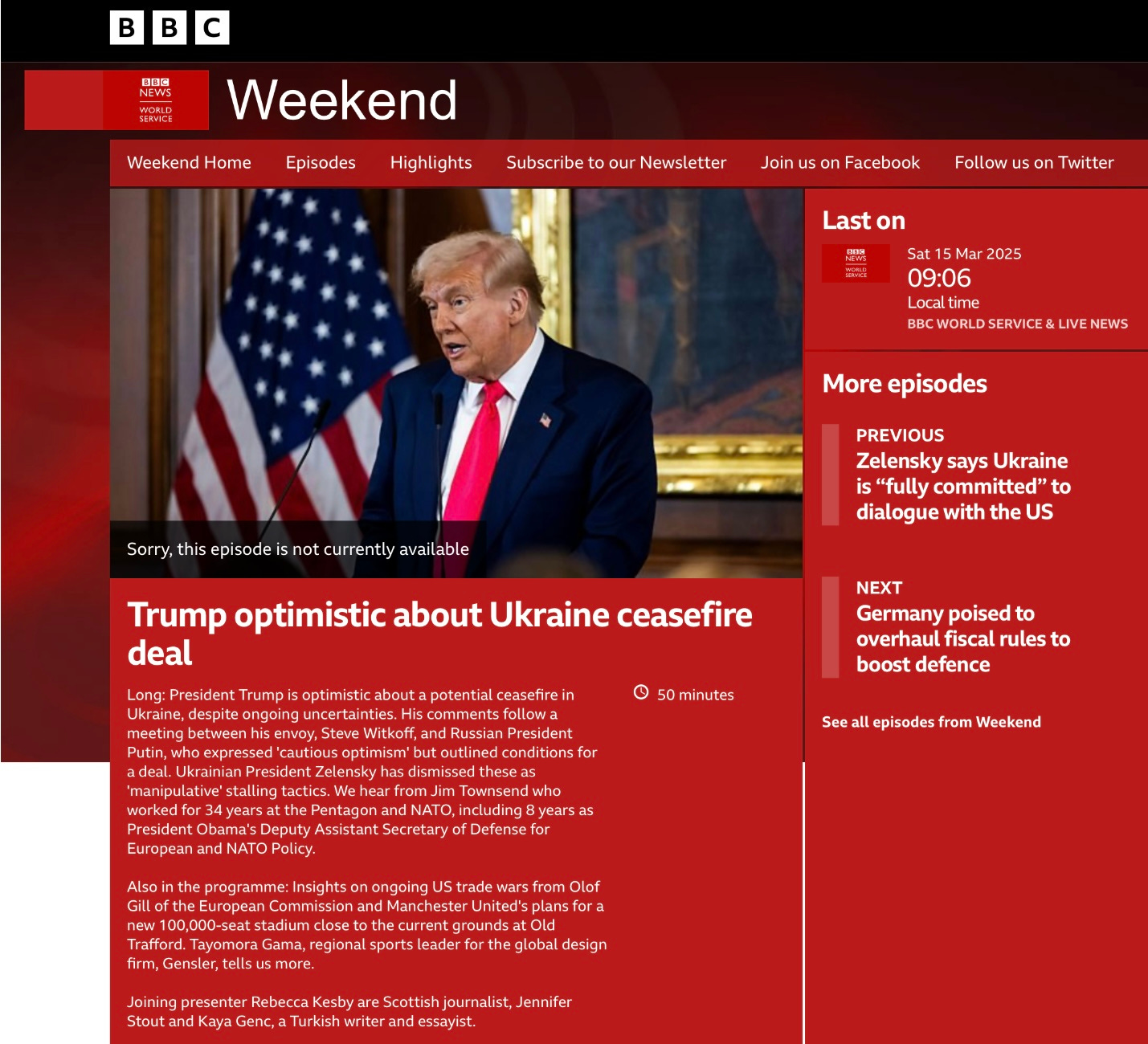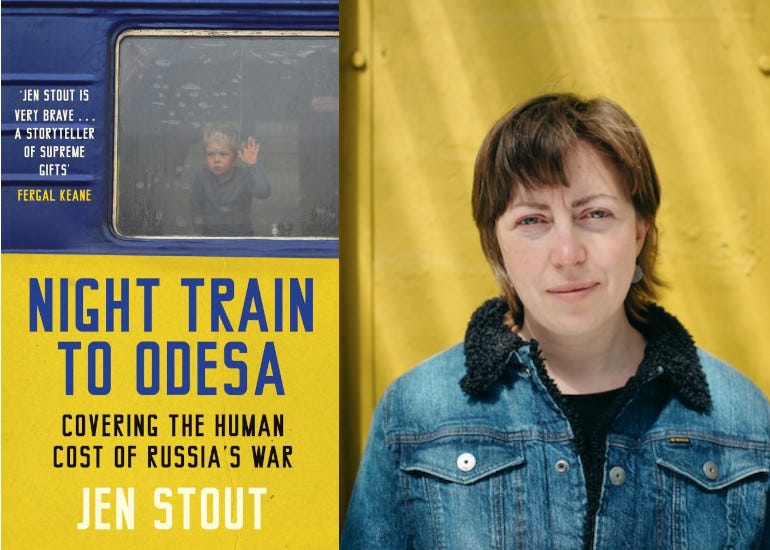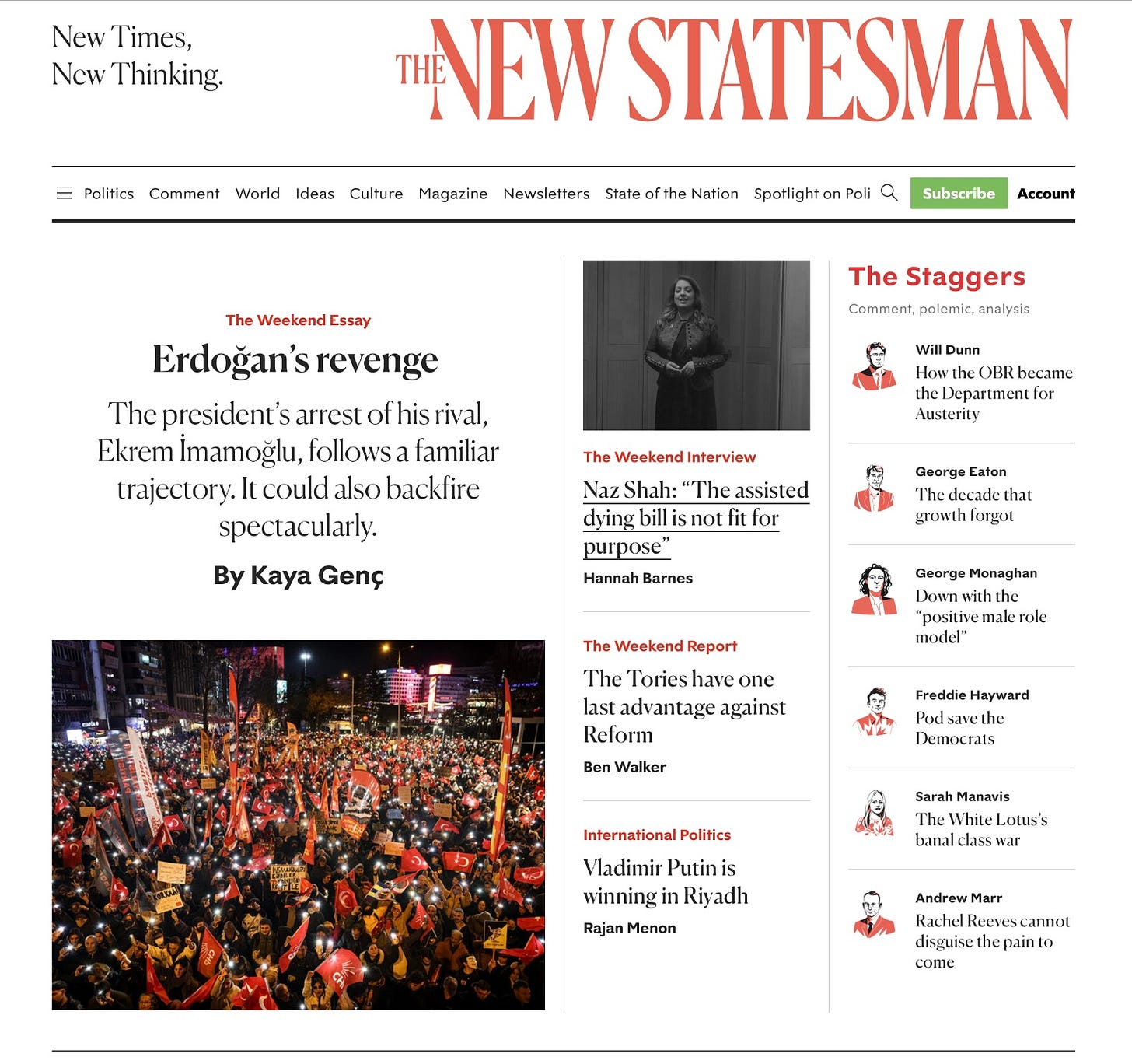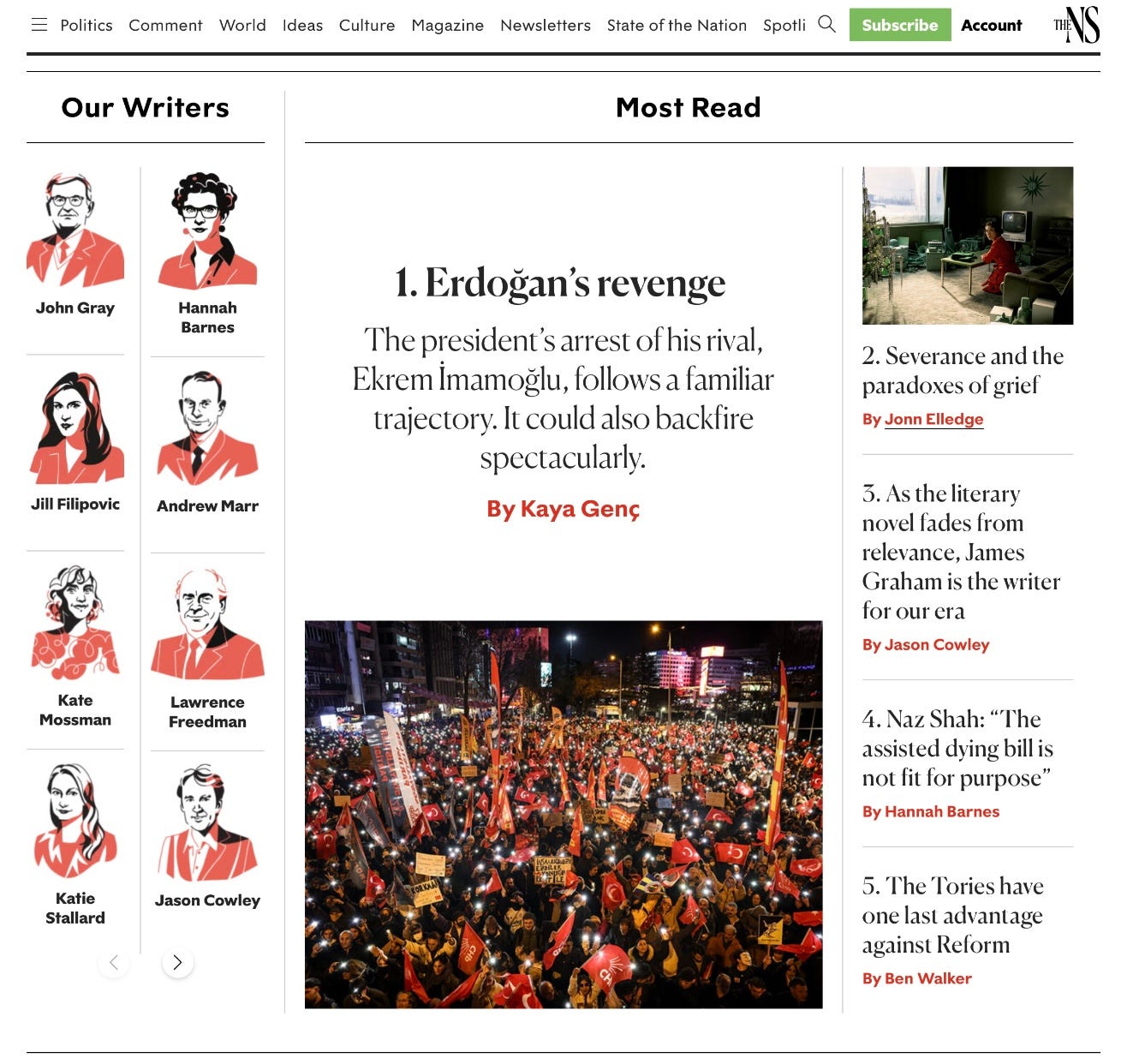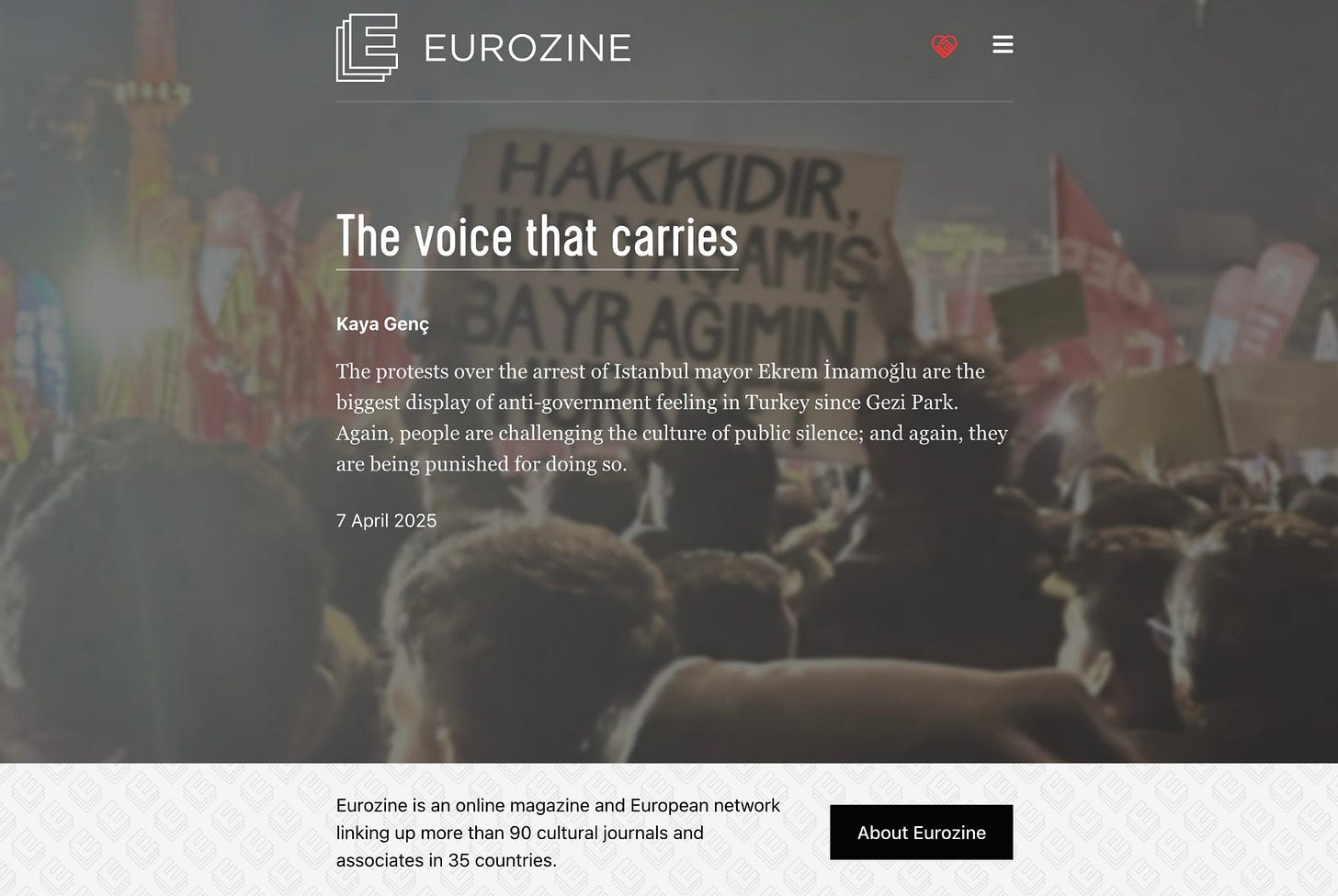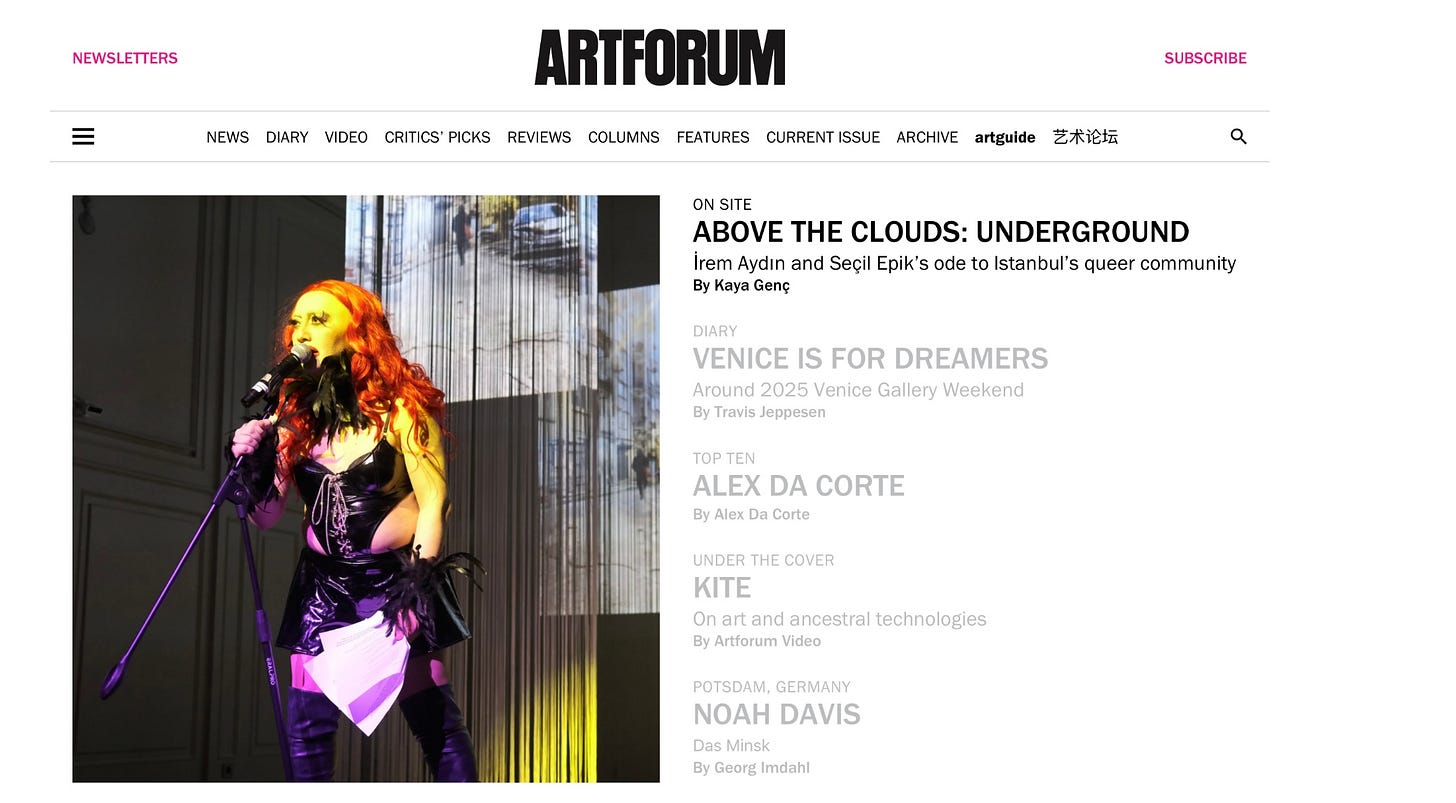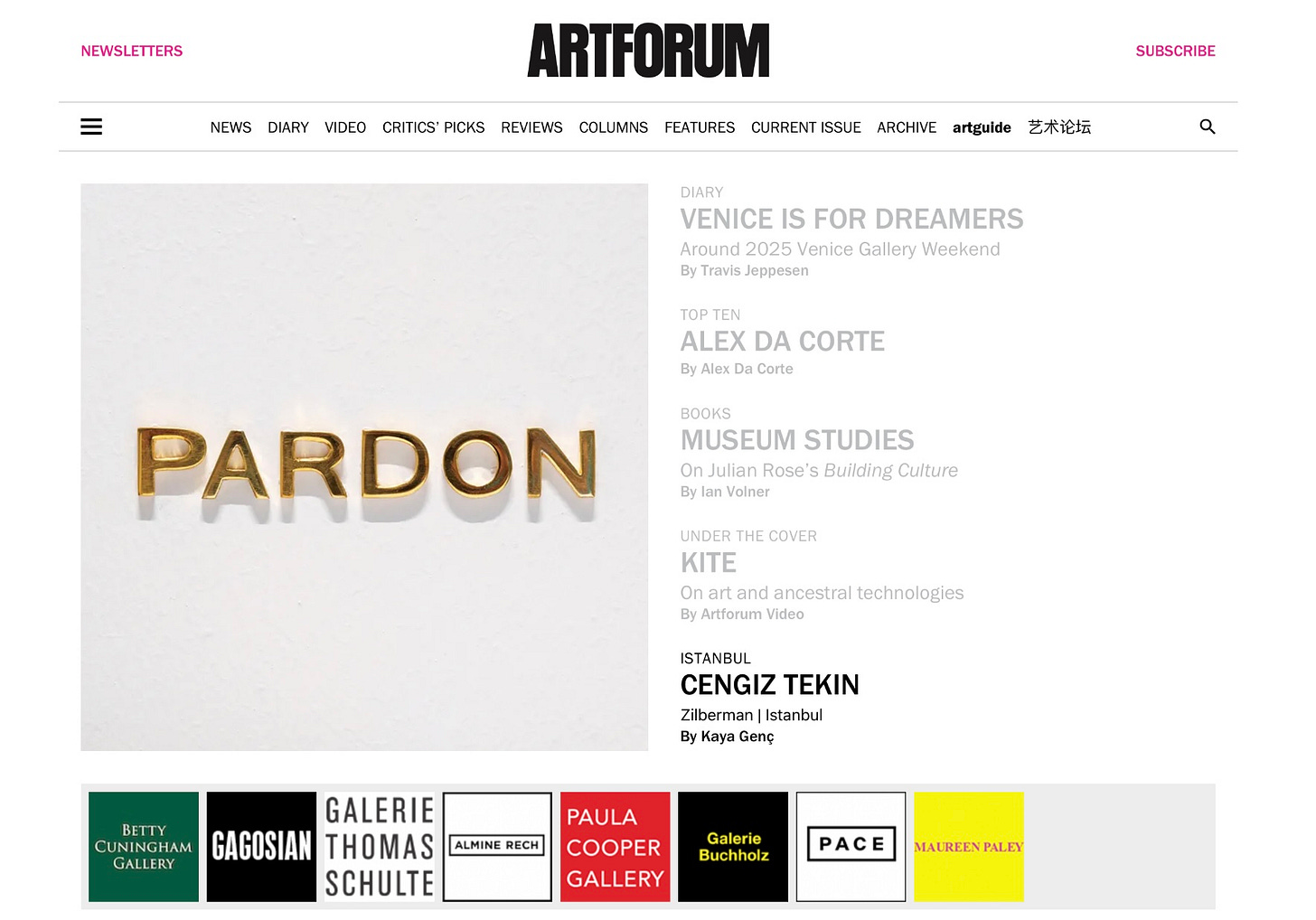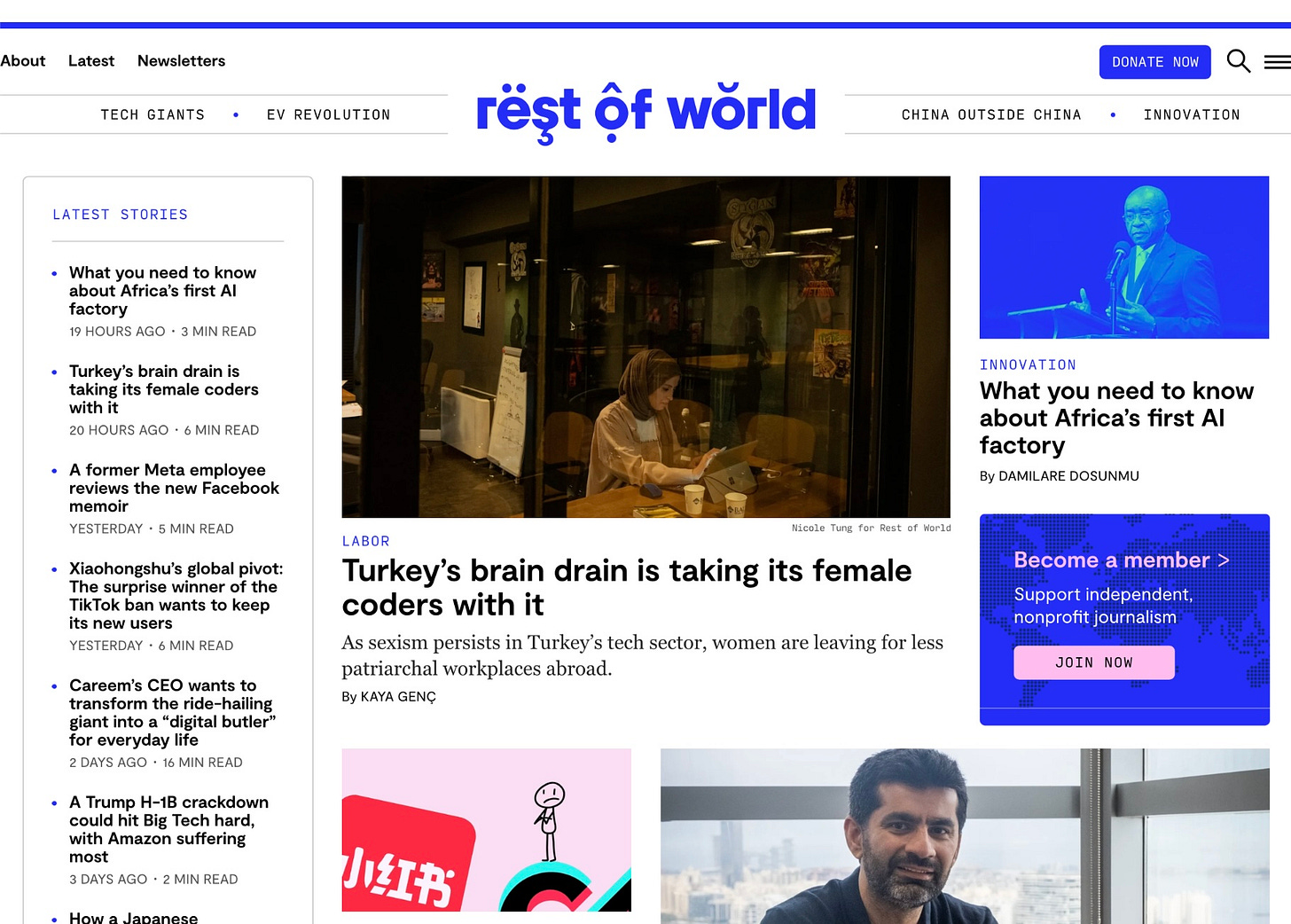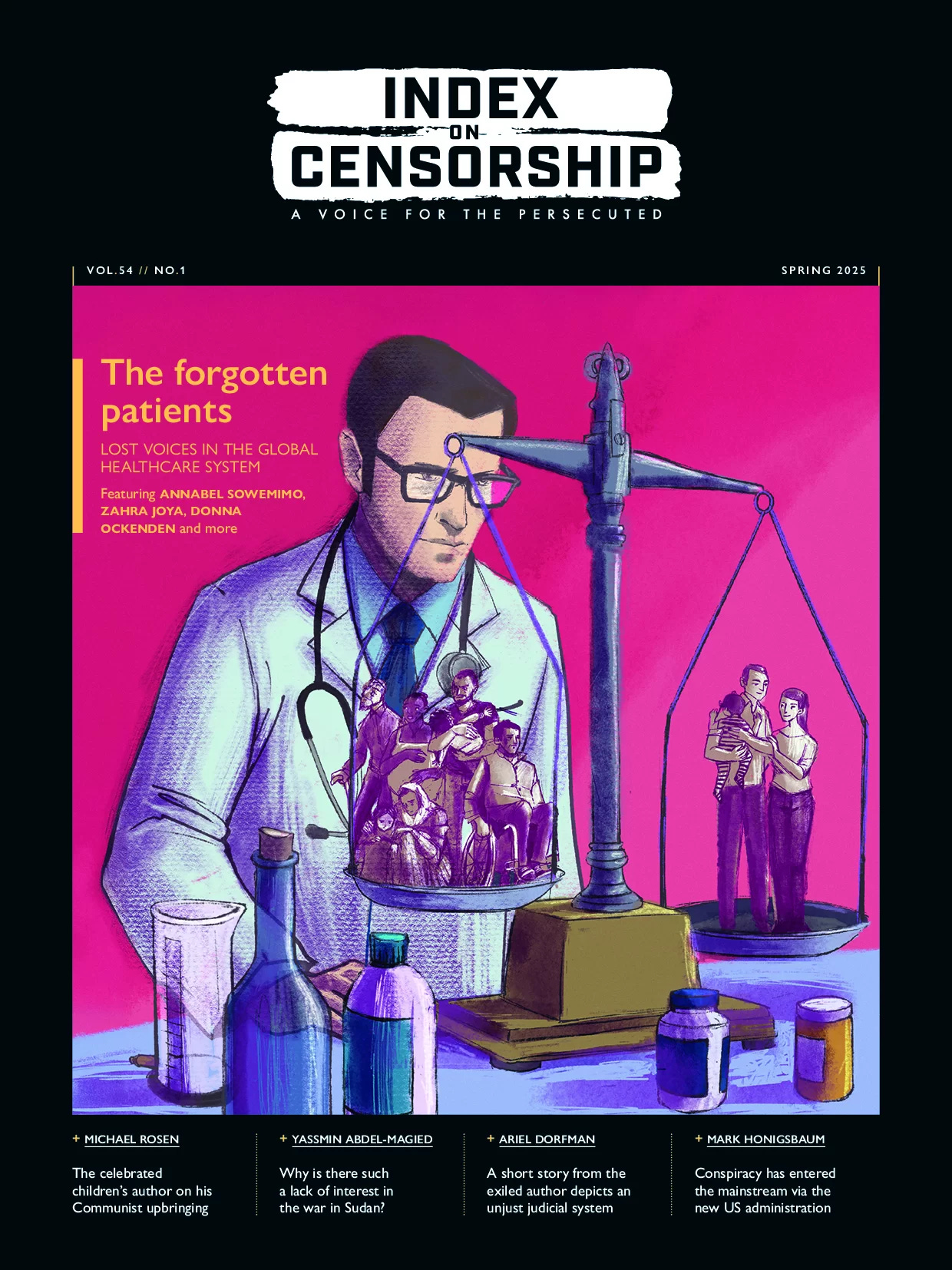Esteemed readers,
I want to bring you to five weeks ago.
It is mid-March. I’m enjoying an eventless, silent week. I’m happy to have recorded a three-hour radio show for BBC on March 15, where I joined presenter Rebecca Kesby and Scottish journalist Jen Stout for BBC Weekend, one of the best current affairs shows in the English language, produced by Albana Kasapi. (You can hear parts One, Two and Three here.)
I’m planning to spend the morning of March 19, 2025 reading and relaxing.
Then, around eight o’clock I check my phone and everything changes.
In what the opposition leader Özgür Özel has called “a coup,” the Turkish government detains a group of opposition politicians, including Ekrem İmamoğlu, Istanbul’s mayor who was expected to run for president in 2028’s elections.
In eliminating the possible candidate of the main opposition, the government morphs from authoritarian to full-blown autocratic, clearing the way for a life-long, Sultanesque reign for its leader.
I spend the next five weeks writing about the implications of March 19.
In this Weekend Essay for The New Statesman, I pondered how this act of revenge can backfire spectacularly.
Affordable, high-quality social services undermine AKP’s neoliberal, dog-eat-dog ideology. They threaten the government’s “New Turkey” vision, whose central axiom is that secular society doesn’t exist and that only Islamic networks can provide social safety nets. Once a group of unelected bureaucrats took control of the city’s Şişli neighbourhood in the wake of İmamoğlu’s arrest, the City Restaurants ceased operations. A sign was placed on the door when I visited one a few days ago, which read: “The AKP has confiscated the bread of the people!” (The government denied closing the restaurants, citing “supply issues” behind their lack of service.)
The five-year shift from “New Turkey” to CHP’s social democratic vision clearly terrified Turkey’s military-industrial complex, which was built patiently in the wake of a military coup on 12 September 1980. Turkey wants to be a global player with its defence industries, and the country’s captains of industry consider prioritising social spending an impediment to that objective. The assault on the mayor’s network and ideology is calculated to diminish leftist political projects for the foreseeable future.
İmamoğlu’s current plight echoes Erdoğan’s political trajectory. In 1998, Turkey’s secular establishment threw Erdoğan, then a beloved mayor of Istanbul, into jail. Spectacular scenes accompanied Erdoğan’s arrest: tens of thousands gathered to see him off. After four months behind bars, he emerged from his cell as the most significant political leader in a country in deep economic and political turmoil. By jailing İmamoğlu on corruption charges with similar optics – but for a more extended period, at least for months before his trial begins – the AKP risks gifting the same hero’s journey arc to the most significant rival of Erdoğan’s career.
The piece became one of the most read on New Statesman’s website and was republished in the Australian Financial Review.
Soon afterward, I penned an essay for Eurozine about the culture of silence in Turkey. This piece concerned the increasing Sovietization of this country’s public sphere.
On 29 March, hundreds of thousands gathered at Istanbul’s Maltepe beach area – some even say it was 2.2 million. Waving flags and chanting slogans, the protestors demanded the release of Ekrem İmamoğlu, the mayor of Istanbul who had been detained the week before. On 23 March, İmamoğlu and 47 others were arrested on corruption charges; that same day, the People’s Republican Party (CHP) announced İmamoğlu as its candidate for Turkey’s 2028 presidential elections, after holding a symbolic ballot.
On the day of the rally I was writing in my studio, four kilometres away. The sound of the crowd floated through the air, rising and falling in waves; the songs, chants and slogans seemed to be coming from many directions. Even after closing the window, I could hear the tenor of the speeches: the angry, joyful, despairing voices of İmamoğlu’s wife, of his mother, and of Özgür Özel, the CHP leader. The rally felt like a natural phenomenon, a snowstorm or a tornado that surrounded my reality in Istanbul.
I gave up trying to write and turned on the TV.
A cookery show. A program about the approaching Eid al-Fitr. Footage from the devastating earthquake in Myanmar. The weather. A Coca-Cola commercial. Sports commentary about that night’s match. A documentary on global warming. The producers of Turkey’s leading news channels were obviously the only ones in the country who hadn’t heard about the İmamoğlu rally.
As politics takes centre stage, it seeps into all aspects of culture. The violence of March 19 as an act of political usurpation will have multiple consequences, and the event replicated and modulated an ongoing cycle of oppression.
For Turkey’s LGBTQI communities, the violent usurpation of one’s identity is a constant threat. Back in January, I watched İrem Aydın and Seçil Epik’s ode to Istanbul’s queer community, Above the Clouds: Underground and was deeply moved by it.
My On Site piece about the performance was published on Artforum’s homepage:
A draft bill to criminalize Turkey’s queer communities was introduced in February and risks writing “biological sex” into law, punishing gender nonconforming behavior with up to three years in prison. If passed, the bill will also punish “queer propaganda” and will undoubtedly boost instances of queercide. According to the organization Transgender Europe, Turkey already has the highest rate of murders of transgender people in Europe. In 2022, the country ranked forty-eighth out of forty-nine nations in the “Rainbow Index” of the European Region of the International Lesbian, Gay, Bisexual, Trans, and Intersex Association.
In the wake of such developments, Turkey’s art institutions have acted pusillanimously. Almost none of Istanbul’s shiny museums (with the exception of Pera Museum in Beyoğlu) have the guts to celebrate Pride Month in June. So queer artists must respond to the onslaught alone—unfunded, unprotected, and left to rely entirely on each other.
On a cold night in January, I joined an expectant queer crowd outside Koma Sahnesi, a small theater on Istanbul’s Asian side. We came to see a show with the intriguing title Above the Clouds: Underground, which had debuted at a bookstore on the city’s European side. The reading was the fruit of a collaboration between İrem Aydın and Seçil Epik, queer artists based in Berlin and Istanbul respectively.
Aydın, once a part of Istanbul’s blooming performance scene, immigrated to Berlin six years ago and grew interested in speculative fiction. During the pandemic, they pondered ways of portraying Turkey’s queer communities through the genre. Could the unseen, ignored status of the community be their superpower? Aydın also explored the intersections of lubunya—a term Turkey’s queer community has used to self-identify since Ottoman times—and another mythologized figure: the vampire, similarly marginalized, undead, and proud.
I also published an exhibition review in the April 2025 issue of Artforum. Cengiz Tekin, born in 1977 in Diyarbakır, a Kurdish-majority town in eastern Turkey, belongs to the generation of contemporary Kurdish artists who rose to prominence in the early 2000s. You can read my consideration of Tekin’s practice here.
I was also excited to publish an investigation for Rest of World, on women coders who challenge Turkish tech sector’s patriarchal attitudes.
Turkish women who become software engineers generally expect a secure career that can vault them to a better position in society. Instead, they’ve found they are a mistreated and undervalued minority. In Turkey’s tech industry, less than a quarter of workers are women, according to various surveys — lower than the global average of 28%. Female IT engineers have complained about male-dominated workplaces, with 70% saying it negatively affected their careers, according to a 2018 report by consulting firm Deloitte Turkey and the Information Technology Industrialists Association.
At the same time, the government is pushing for women to prioritize their families over work. Turkish President Recep Tayyip Erdoğan has said that women should have at least three children. In 2021, Turkey withdrew from the Istanbul Convention, which prevents and fights violence against women.
A toxic, antidemocratic culture of silence has implications beyond culture, tech and politics. It can influence the type of treatment you’ll receive in the healthcare system, for example.
In the Spring 2025 number of Index on Censorship, I have a deep dive into this subject. For this piece, I talked to Alpay Azap, the head of the Turkish Medical Association (TTB) and psychiatrist Koray Başar who is among those who have been physically attacked for their professional activities. Başar, a faculty member at the department of psychiatry at Hacettepe University, has received backlash for his work in the field of gender-affirming surgery.
In November 2021, the right-wing, government-aligned newspaper Milat published an article on Başar headlined “Stop the LGBT missionary doctor!”.
The article claimed Başar was “carrying out scandalous LGBT activities at Hacettepe University Hospital where he works”.
It said he was “organising conferences for trans women at the same hospital” and participating “in LGBT’s so-called pride marches”. Seven months after the article was published, Başar was attacked outside his home by two people. They beat him and demanded that he stop his work and LGBTQ+ advocacy.
A month later, a protest was staged by unions and healthcare professionals in solidarity with Başar outside the TTB’s building.
Başar told Index he had stopped expressing his views online since the attack. “I used to use Twitter and Instagram. Now, even if I share a picture of a flower, I receive threats,” he said. “Since my attack I can’t use social media. I also noticed how colleagues who haven’t been targeted like me refrain from using these platforms out of fear.”
The discourse in Turkey “emboldens violent acts and makes life very hard for anyone who opposes discrimination”, he said. “It now takes real courage to speak out.”
Access to gender-affirming surgeries has become increasingly challenging, exacerbated by the fact that doctors offering such procedures are becoming more and more stigmatised. “Even compared with the pre-pandemic era, the situation is worse today,” Başar said. “There have always been problems accessing sex-related health services as it is tough to reach psychiatrists who work in the field.”
Since being attacked in the media, Başar lost his visibility in the medical world. Before the pandemic, he would get invitations to talk about gender-affirming surgeries and hormone therapy – he no longer receives such invitations. He has also noticed that academics who used to write reports on gender affirmation procedures are now more reluctant to do so.
I notice how most of my recent work concerns dark subjects and themes.
As the maddening atmosphere of “anything can happen to anyone” of March risks turning into apathy in April, it will be interesting to observe and cover what happens next in Turkey.
Until next time,
—Kaya




